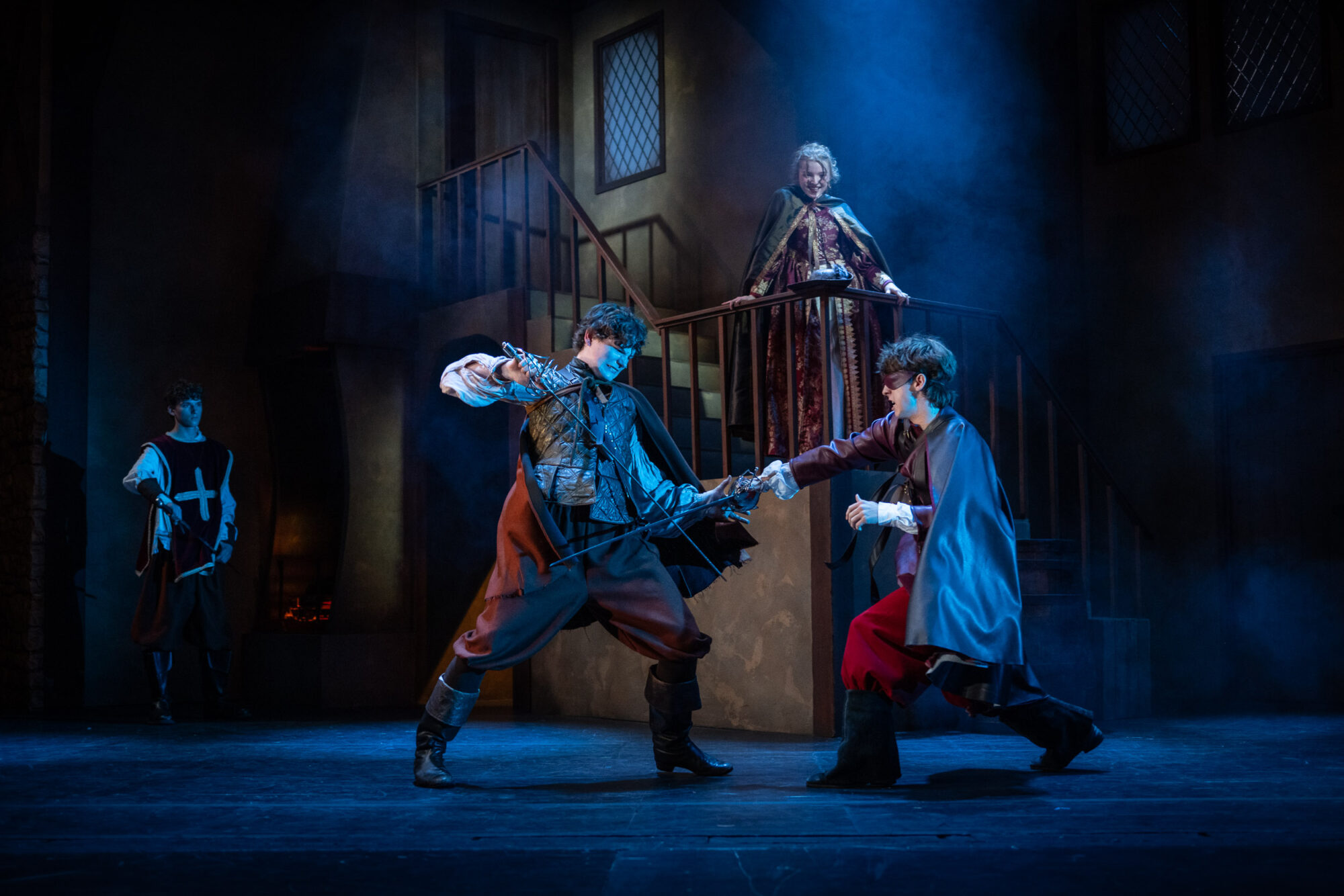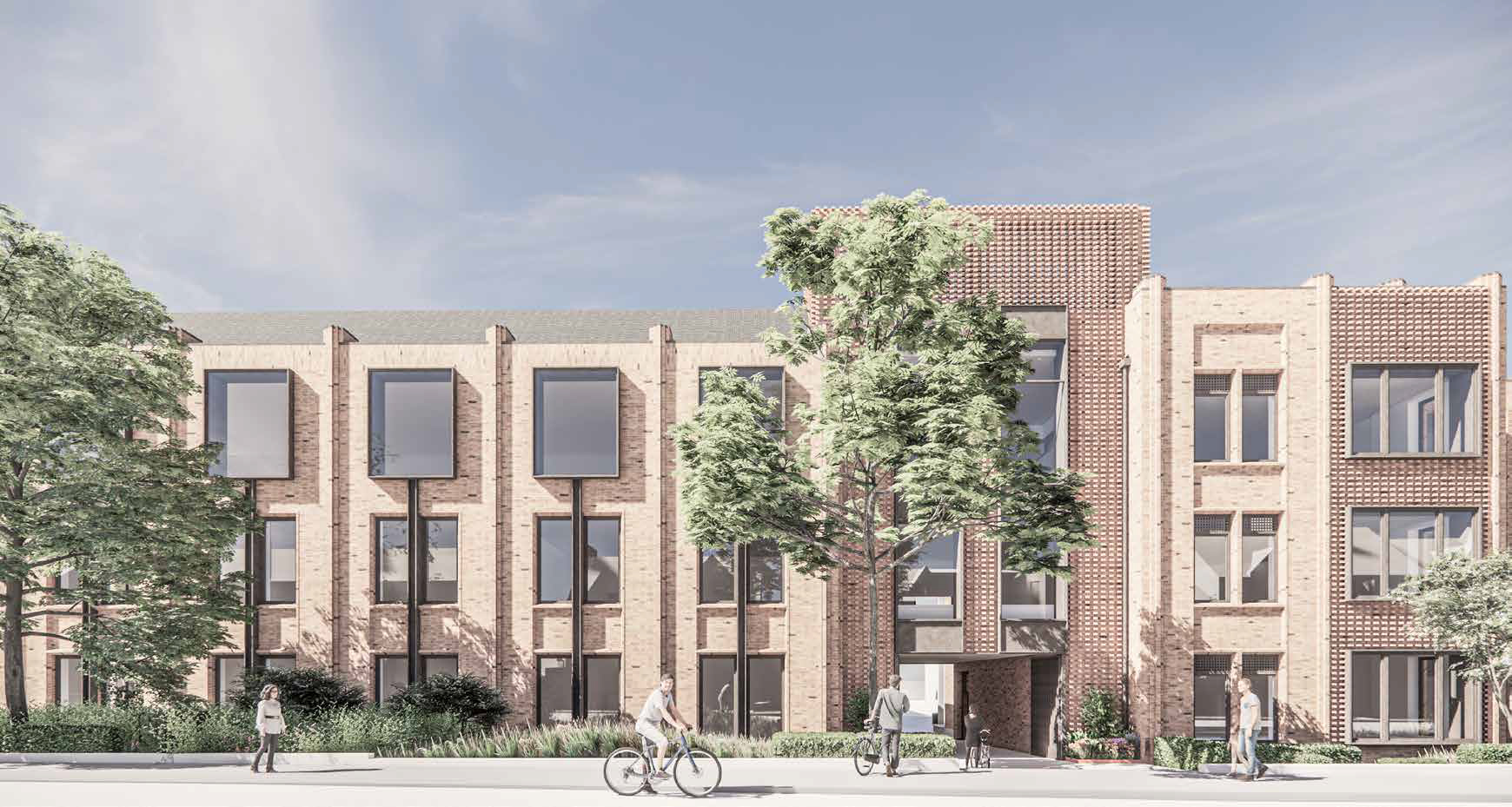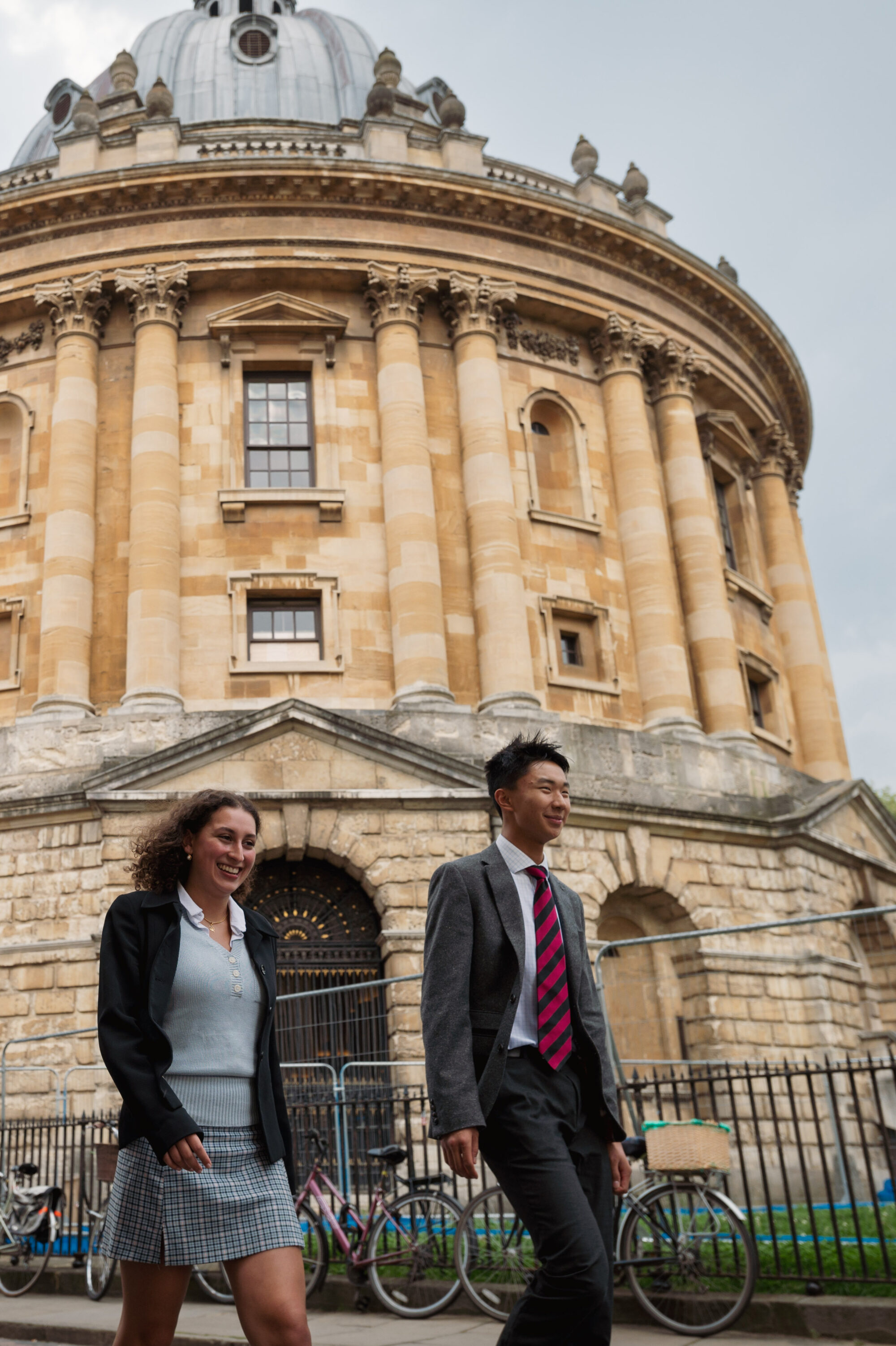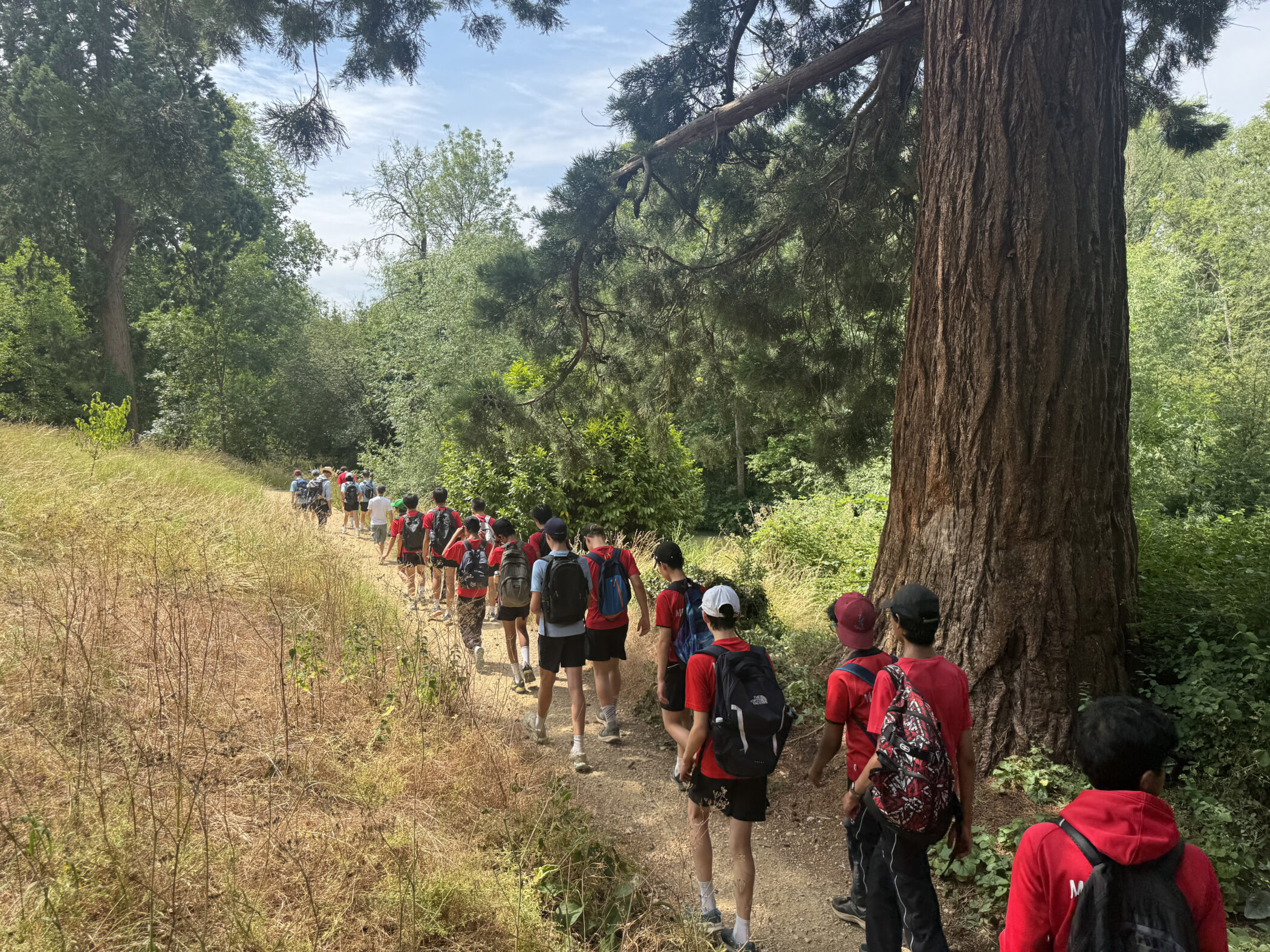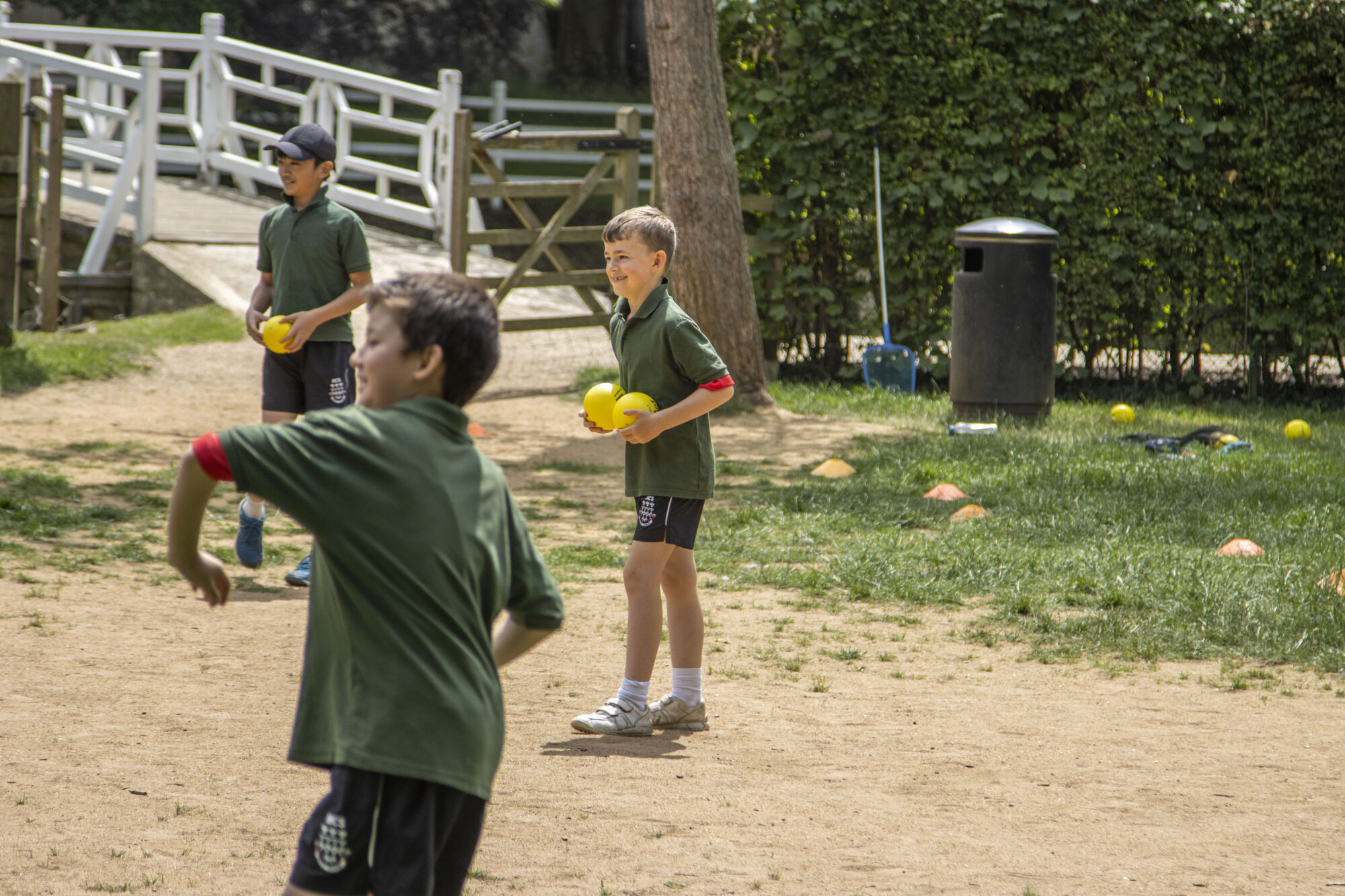Kenneth John Harrison died on 25 May 2010 aged 90. He read Classics at University College, Oxford, but interrupted his studies to join the Royal Artillery in 1940. He came back to Oxford in October 1945, and completed his degree two years later.
He became a teacher at Berkhamsted School in 1947, where he rose to become Head of Classics, and retired to Swanage in Dorset in 1982. He married Pamela in 1951 and they both gave their three children (Jane, Tim and Mark) a contented and happy family life, welcoming their future husband and wives into the family and celebrating the subsequent arrival of five grandchildren. Sadly Pam died in 1988.
He was a man of great cultural breadth and intellect, a sportsman and traveller. He never owned a car and he walked everywhere. He was always open minded and liberal – and a lifelong Guardian reader.
A colleague, David Allchin, recalled the day of his interview at Berkhamsted – everyone was being extremely nice about everything and everyone to do with the school: ‘I was told I had to meet John who might have a vacancy for a House Tutor, and would be up at the field for under-15 house matches in the afternoon. We approached from the back a man propped up on a shooting stick, hair awry, frayed collar and even from the back clearly not enjoying his afternoon. In response to the inevitable polite question on how his team were doing came at last the voice of a real human in the place, “Waste of time, nobody can bowl straight and only one of them can hit a ball, and he’s off-games.” I took to him immediately and was delighted to be taken in as house tutor.’
At his Thanksgiving Service (he donated his body to medical science at St George’s) his friend and neighbour Revd Michael Stolton described him perfectly:
‘…a consummate artist, an active and competent rugby player in his day, keenly involved in the local Arts Club since his arrival in Swanage, a wanderer of hill and valley whose footsteps have left their mark in almost every lane in the Purbecks. Swimmer in all weathers, a lover of classical music and a pianist whose capacity he was always too humble to admit. Perhaps we remember him most as a modest, un-demonstrative person, somewhat introvert, sometimes very stubborn yet often quiet and reassuring. John had a mind of his own with an intellect able to communicate and share a lifetime’s assimilation of poetry, prose, scholarly wisdom and learned insight.’
 MCS ranks among the top independent secondary schools, and in 2024 was awarded Independent School of the Year for our contribution to social mobility.
MCS ranks among the top independent secondary schools, and in 2024 was awarded Independent School of the Year for our contribution to social mobility.

 28 of our pupils achieved 10 or more 8 or 9 grades in 2024.
28 of our pupils achieved 10 or more 8 or 9 grades in 2024.
 In 2023-24, MCS received over £448,000 in donated funds.
In 2023-24, MCS received over £448,000 in donated funds.